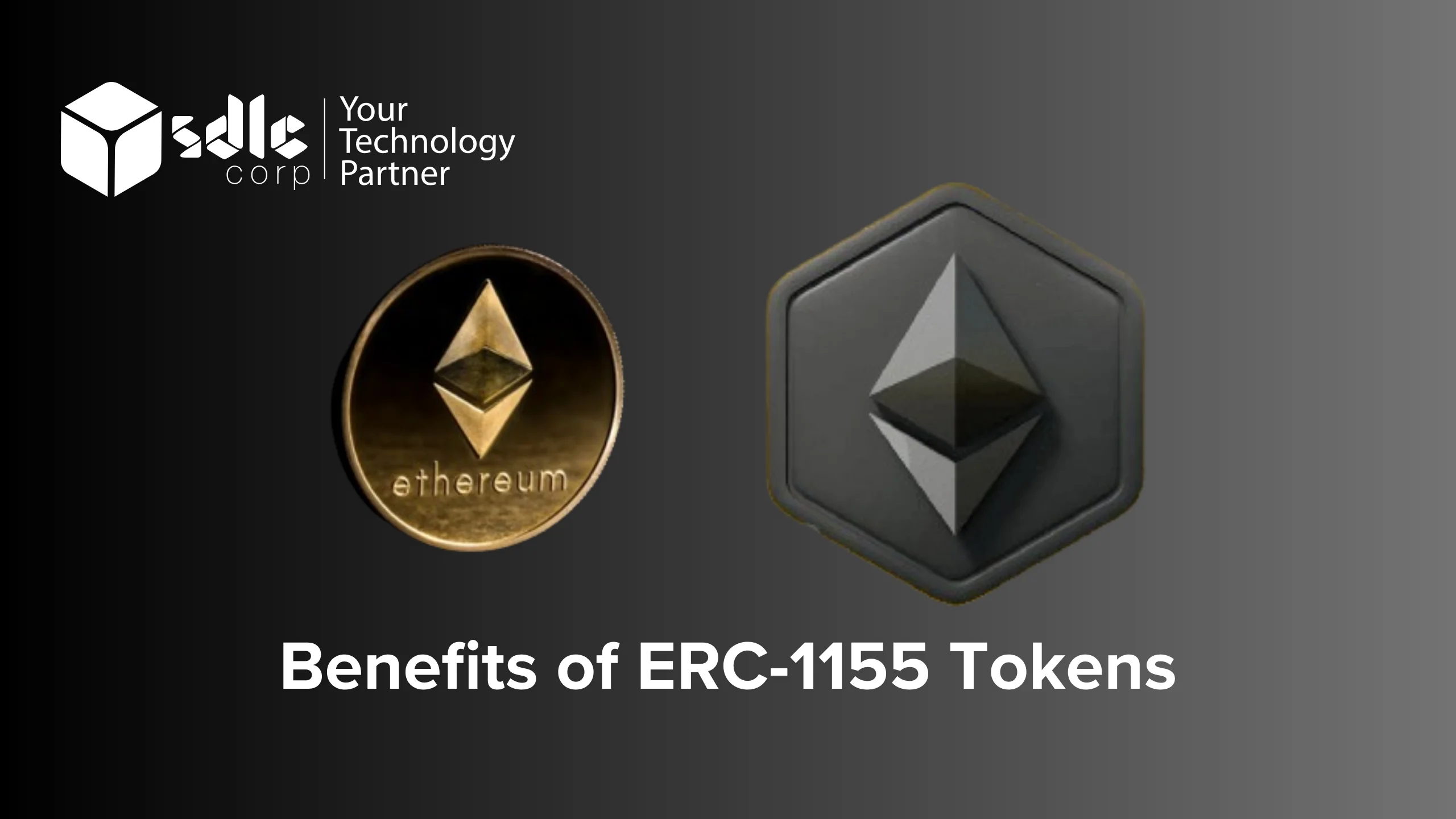Introduction
The ERC-721 token standard, introduced by Ethereum, has revolutionised the blockchain space by enabling unique digital assets, also known as Non-Fungible Tokens (NFTs). Unlike ERC-20 tokens, which are fungible and identical, ERC-721 tokens each possess distinct characteristics and values. Smart contracts and their role in ERC-721 tokens are pivotal, as they automate the creation, ownership, and transfer of these unique assets on the blockchain. This unique property has led to a myriad of innovative applications across various industries, from digital art and collectibles to real estate, gaming, and intellectual property rights, showcasing the versatility and impact of ERC-721 tokens.
1. Digital Art and Collectibles
Digital art and collectibles are perhaps the most well-known use cases of ERC-721 tokens. Artists can tokenize their artwork, creating a verifiable digital certificate of ownership that can be bought, sold, and traded.
Features:
- Provable Ownership: Artists can prove the authenticity and ownership of their digital art.
- Royalties: Artists can receive royalties from secondary sales.
- Scarcity: Limited editions and rare items can be created, enhancing their value.
2. Gaming Assets
ERC-721 tokens are widely used in the gaming industry to represent in-game assets like characters, weapons, and skins. Players can truly own, trade, and even monetize these assets outside the game environment.
Features:
- Interoperability: Assets can be used across different games and platforms.
- Ownership: Players have true ownership of their in-game assets.
- Monetization: Players can trade or sell their assets in secondary markets.
3. Virtual Real Estate
In virtual worlds like Decentraland and Crypto Voxels, ERC-721 tokens represent parcels of virtual land. Users can buy, sell, and develop these parcels, creating a digital real estate market.
Features:
- Ownership Proof: Secure and transparent ownership records.
- Development Potential: Owners can build and monetize virtual properties.
- Market Dynamics: Virtual land can appreciate in value based on location and development.
4. Digital Identity
ERC-721 tokens can be used to create unique digital identities for individuals or entities. These identities can be used for authentication, access control, and more.
Features:
- Uniqueness: Each identity token is unique and verifiable.
- Privacy: Users can control their identity data.
- Interoperability: Identity tokens can be used across various platforms.
5. Tokenized Real-World Assets
Real-world assets like real estate, cars, and luxury items can be tokenized using ERC-721 tokens. This makes it easier to transfer, trade, and prove ownership of these assets.
Features:
- Fractional Ownership: Assets can be divided into smaller, tradable units.
- Liquidity: Easier to trade real-world assets.
- Transparency: Clear and verifiable ownership records.
security token offering developement

6. Intellectual Property and Copyrights
ERC-721 tokens can represent intellectual property rights, such as patents, trademarks, and copyrights. This provides a transparent and immutable record of ownership and transfer.
Features:
- Immutable Records: Permanent and tamper-proof ownership records.
- Royalty Automation: Automated royalty payments for IP usage.
- Global Reach: Simplifies international IP transactions.
7. Event Tickets
Event tickets can be issued as ERC-721 tokens, ensuring authenticity and reducing fraud. These tokens can be easily transferred or sold on secondary markets.
Features:
- Anti-Fraud: Prevents counterfeiting and scalping.
- Transferability: Easy and secure transfer of tickets.
- Smart Contracts: Can enforce rules, such as no reselling above face value.
8. Loyalty and Reward Programs
Brands can issue ERC-721 tokens as part of their loyalty and reward programs, creating unique and tradable digital assets that represent customer rewards.
Features:
- Uniqueness: Personalised rewards for customers.
- Tradability: Rewards can be traded or sold.
- Engagement: Enhances customer engagement through gamification
9. Certification and Credentials
Educational institutions and professional organisations can issue certificates and credentials as ERC-721 tokens, providing a verifiable and immutable record of achievements.
Features:
- Verification: Easy and secure verification of credentials.
- Immutability: Tamper-proof records of achievements.
- Portability: Credentials can be easily shared and verified across platforms.
10. Charity and Fundraising
ERC-721 tokens can be used in charitable activities and fundraising campaigns, where donors receive unique tokens representing their contributions.
Features:
- Transparency: Clear and transparent tracking of donations.
- Engagement: Unique tokens can incentivize donations.
- Recognition: Donors can receive recognition through unique tokens.
Conclusion
The versatility of ERC-721 tokens extends far beyond the realm of digital art and gaming. From virtual real estate to digital identities, and from tokenized real-world assets to charitable contributions, the applications are vast and continually evolving. As the adoption of blockchain technology grows, ERC-721 tokens are set to play a pivotal role in creating new markets, enhancing transparency, and providing innovative solutions across various industries. Their unique properties not only enhance the value of digital and physical assets but also foster new ways of interaction, ownership, and engagement in the digital age.















